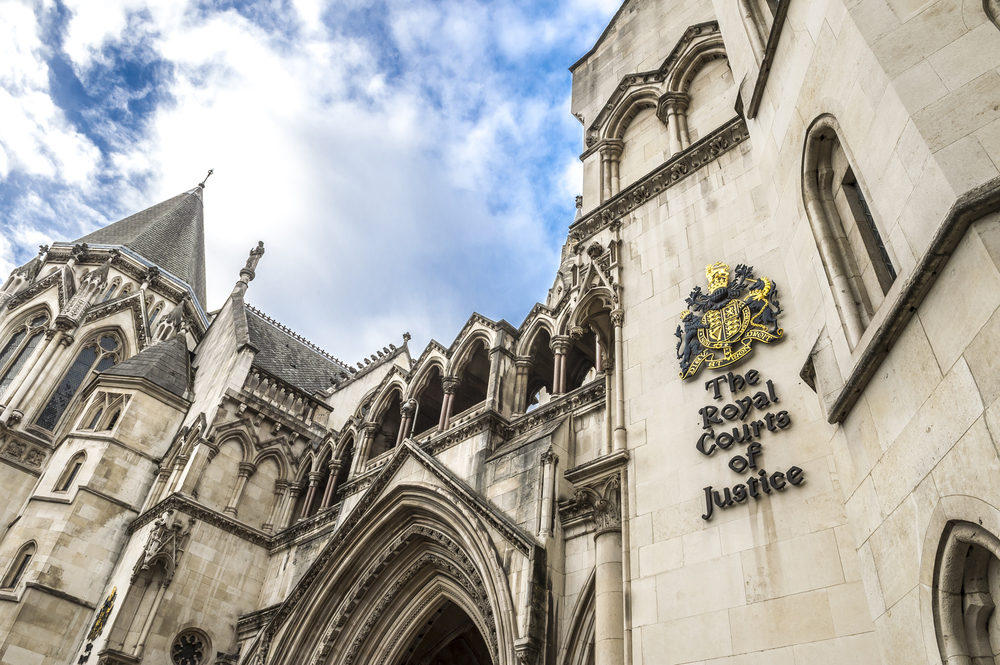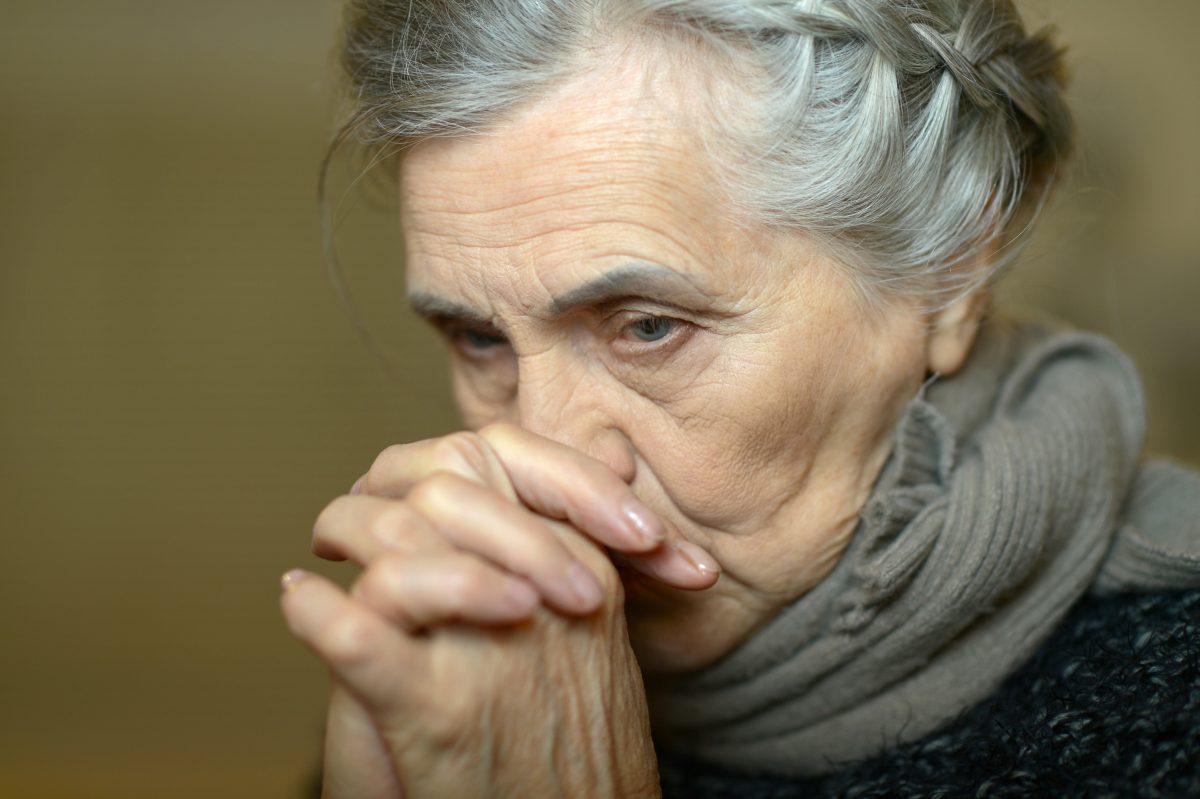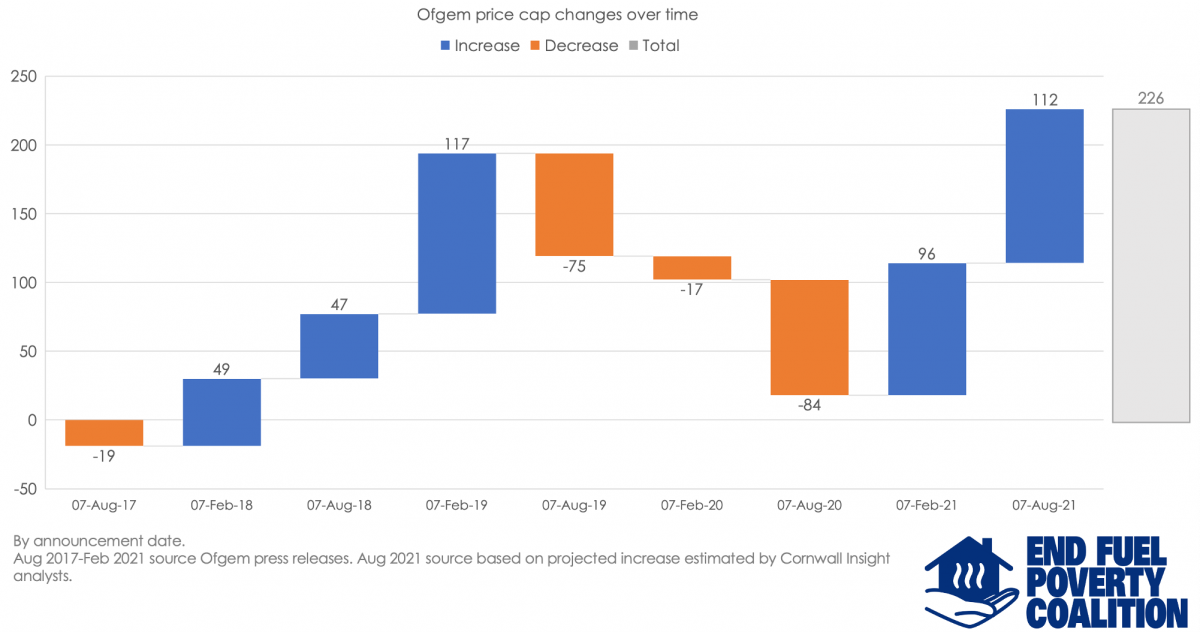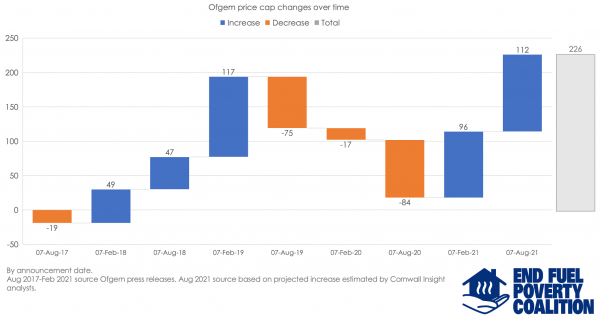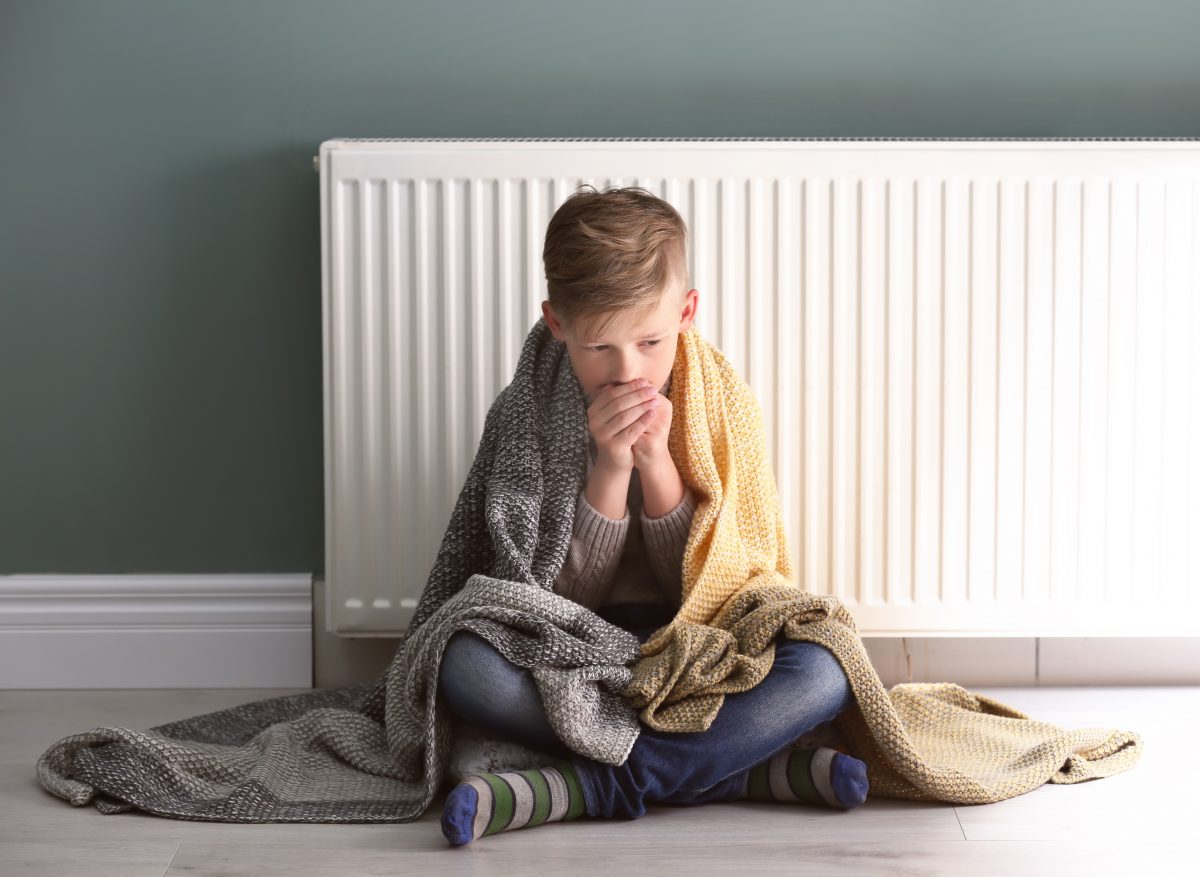As news about the October Ofgem 80% price hike sinks in, and estimates from Cornwall Insight suggest it could reach £5,387 from 1 January 2023, further End Fuel Poverty Coalition members have reacted to the news.
The Good Law Project has confirmed that, as a result of the announcement, it will sue Ofgem over its decision. Jo Maugham, Director of Good Law Project said:
The announcement today will devastate families. Just who and what is Ofgem for? Do not be fooled. This is a choice. And the choice they’ve made is to let low-income consumers and small businesses bear the brunt of this crisis.
We believe Ofgem can – and should do more. We intend to put the question before the High Court, and will ask for a fast-tracked timeline to reflect the urgency of this crisis.
Repowering interim CEO, Felix Wight, commented on the price hike:
Today’s news is devastating for millions. But let’s be clear – this is not an energy crisis- it is a fossil fuel crisis, and a political crisis.
Successive governments have failed to respond to the clear majorities calling for decisive action on climate change, and we have been taken down a strategic cul-de-sac where we have lost control of our energy costs.
Many of us have seen this coming, spoken up, and been ignored. We now find ourselves in a hostage situation with fossil fuel producers, with the government considering paying up to £100Bn in ransom.
Putting the burden on individuals to take the hit for the government’s own failure to plan is callous and risks a breakdown in the fabric of our society and economy.
The community energy movement offers a clear alternative- a bottom-up approach to making our 28 million homes more comfortable and affordable, the opportunity for everyone to benefit from home-grown renewable energy, and a model that re-invests in people and communities.
We know it works because those communities who have been able to set up their own energy infrastructure are benefiting right now from fossil-free power that helps protect them from this desperate scramble for natural gas at any price.
Spending just a fraction of the £100Bn fossil fuel subsidy to support community owned energy would start a genuine transformation in our energy landscape and put power where it belongs- in the hands of households across the country.
The time has come to face down the politicians and companies that have lost our trust, and start building an energy system that works for everyone.
Caroline Abrahams, Charity Director at Age UK, said:
Although the ballpark figure for the new price cap had been trailed in advance there will be many older people for whom today’s announcement is completely new and a huge shock. Millions of pensioners will now be coming to terms with the reality of what it means for them: the prospect of trying somehow to get through the autumn and winter with prices soaring and yet with very little flex in their fixed incomes. It’s a truly frightening prospect and one that most could not have prepared for, and never expected to face at this point in their lives. I think a lot of older people will be utterly bewildered that it has come to this and will also feel badly let down, and I can’t say I blame them.
The new Prime Minister must make their first act providing additional support for the millions of households in our country whom rising inflation is set to overwhelm, among them many pensioners. We are fast approaching a national emergency which will leave a significant proportion of the population unable to afford even a basic standard of living. Every day older people are telling us how scared they are; they need urgent reassurance from the Government that they will not abandon them.
It’s later than the Government thinks: we understand that there is essentially a transition underway between one Prime Minister and the next, but every day the economic forecasts seem to worsen and yet there is no clear word from the centre about how they will respond. Unfortunately, this is increasing the sense of insecurity many older people feel.
That’s why the new Government must act quickly to give older people hope and confidence. In the meantime, it would be extremely helpful if both candidates made it clear that they will stand by those with most to fear from soaring inflation, among them many pensioners, over the difficult months to come.”
Adam Scorer, National Energy Action (NEA) chief executive, added:
The scale of harm caused by these price rises needs to sink in. A warm home this winter will be pipedream for millions as they are priced-out of a decent and healthy quality of life.
We’ve all seen the estimates from Cornwall Insight for the past months. Government has had ample time to prepare an intervention to match the challenge. We know who gets hit hardest, what impact it will have and how to get money into the pockets or off the bills of the most vulnerable.
Without bold action to support the most vulnerable and those on the lowest incomes, this will effectively prise their fingers from the cliff edge and push them over the precipice.
The government needs to immediately upgrade the household support package it first announced back in May. Households need money in their pockets to weather this storm or we are going to see millions in dangerously cold homes, suffering in misery with unimaginable debt and ill health.
Even with a mild winter, millions are facing a big freeze. Action is needed now to prevent the bleakest of winters.
A new Warm This Winter campaign, backed by the End Fuel Poverty Coalition, has also launched a petition to call for urgent Government action.

